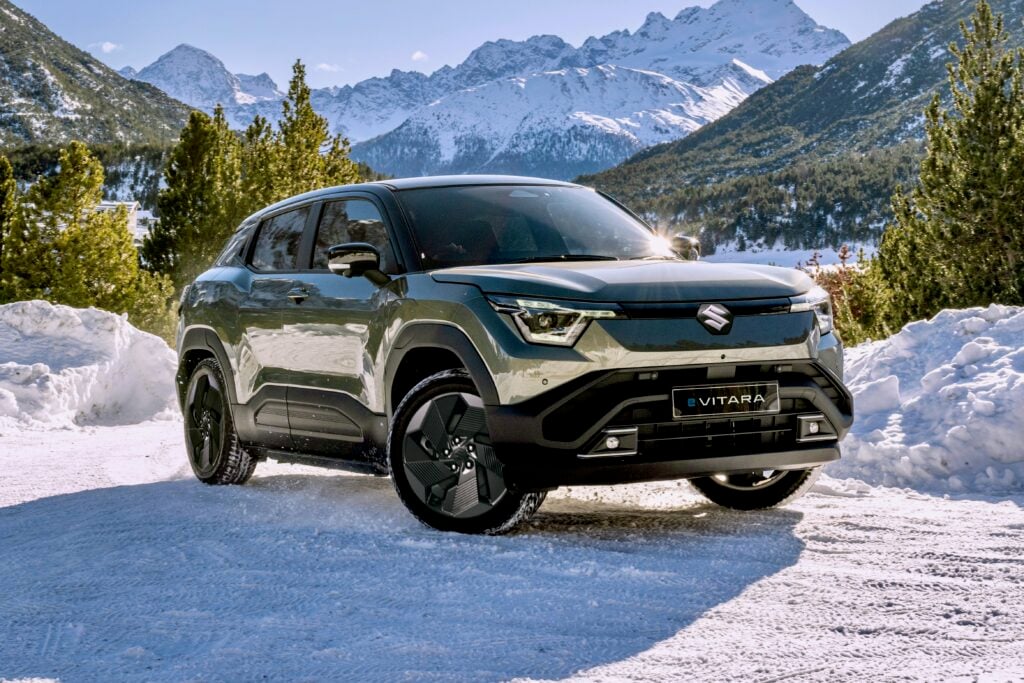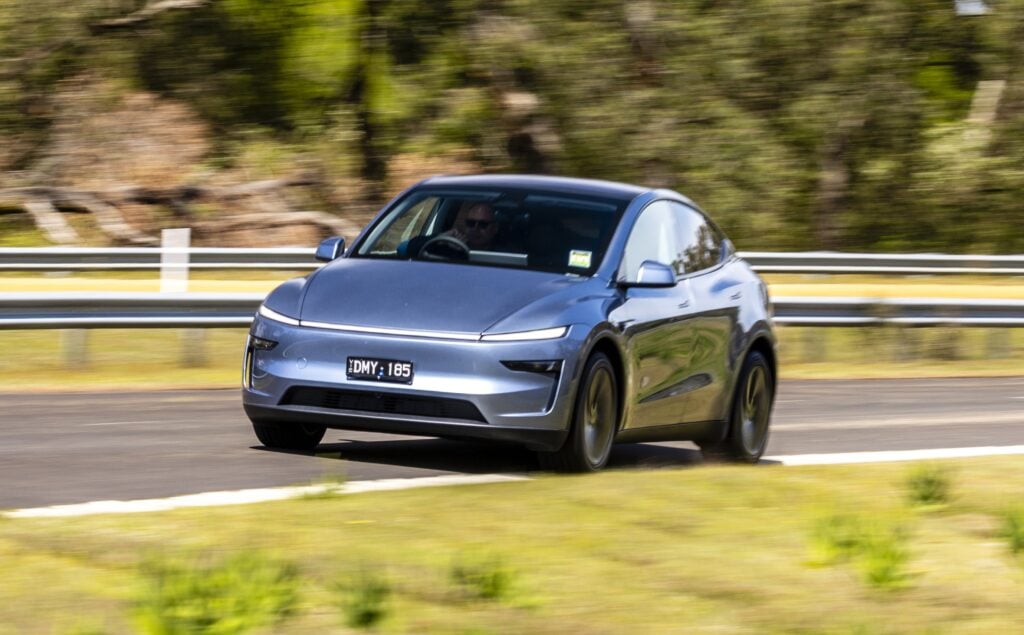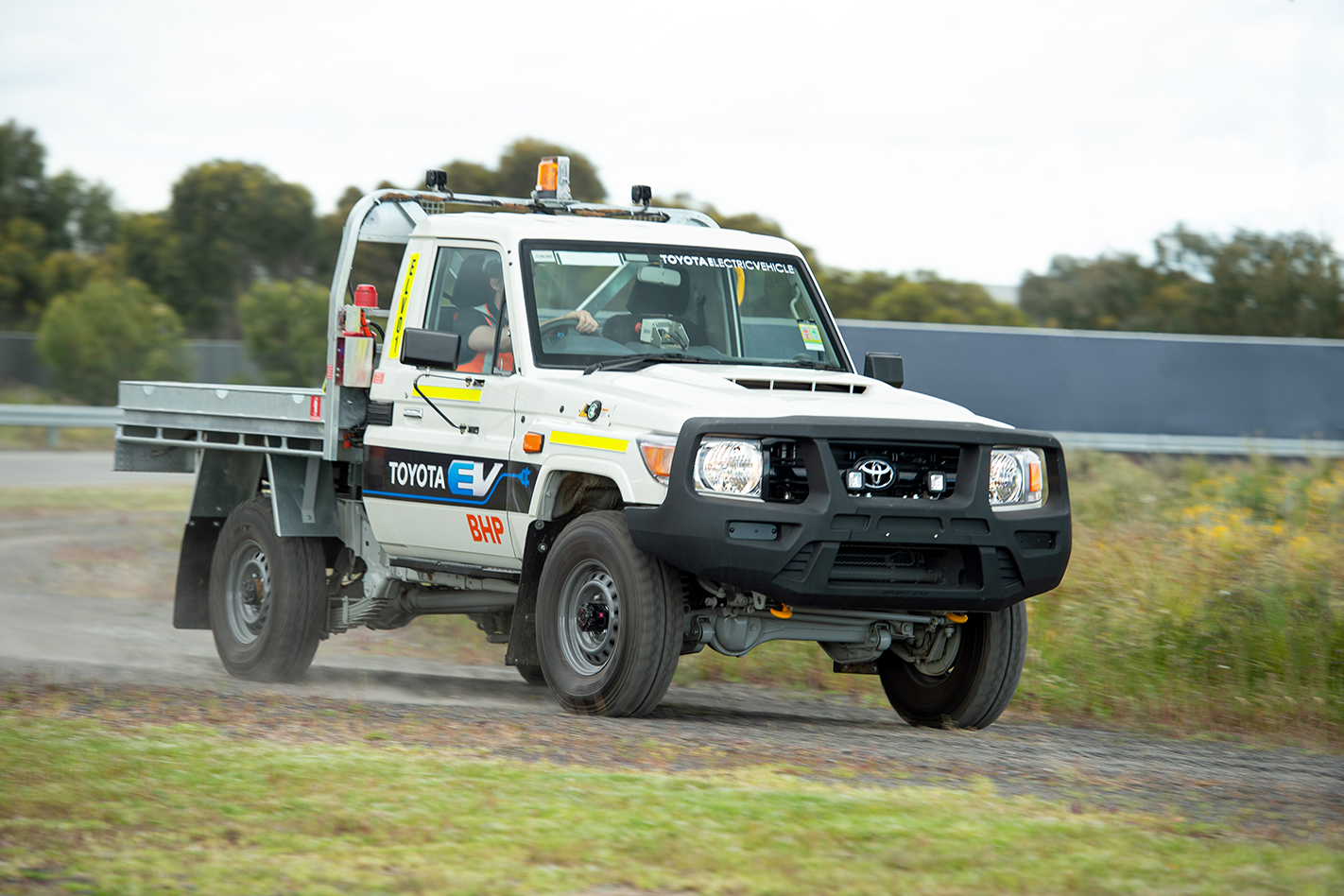
The mining industry is investing heavily to ensure it can supply the automotive industry with the ingredients required for electric vehicle batteries in the coming years.
Australian mining company BHP has announced a AU$130 million deal to strengthen its supplies of nickel and cobalt from Tanzanian mining company Kabanga Nickel, which claims to be implementing responsible mining practices.
“We’ve heard a number of the auto manufacturers saying, ‘By 2025, we really need to ramp up production, we really need these metals’,” Kabanga Nickel CEO Chris Showalter told The Age and the Sydney Morning Herald.
“It’s quite widely known they are really scrambling to try to secure the inputs for batteries… and it’s going to become increasingly harder for them to do that in an ESG-friendly way.”
Carmakers have been under increasing pressure to source battery materials from mining companies with ‘environmental, social, and governance’ (ESG) as a core principle, with allegations of poor labour practices in the Democratic Republic of Congo and Russia – where a large amount of these key metals come from.
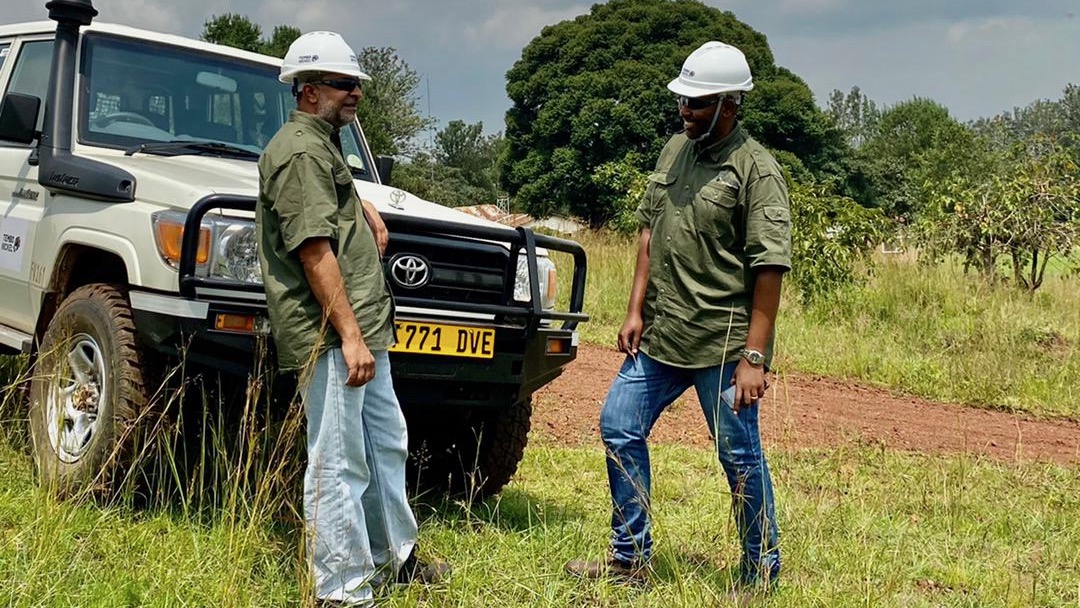
“When we look at demand in 2025, the quality of the metal we will be producing will not only be in demand but there will be a premium attached to that for being able to provide the market with some of the ‘tick boxes’ that will be demanded,” Showalter said.
In July 2021, BHP signed an agreement with Tesla to supply the electric vehicle manufacturer with nickel. Tesla has previously said it estimates it will spend more than US$1 billion (AU$1.37B) on the raw battery materials annually.
The latest investment will accelerate the Kabanga Nickel project, with production expected to begin in 2025.
We recommend
-
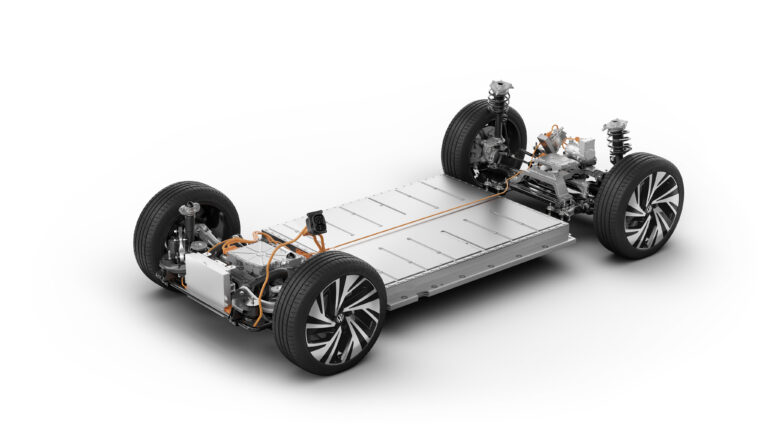 News
NewsVolkswagen signs five-year deal with Australian lithium mining company
Volkswagen partners with specialist battery companies to help it achieve an EV production capacity of over two million cars per year
-
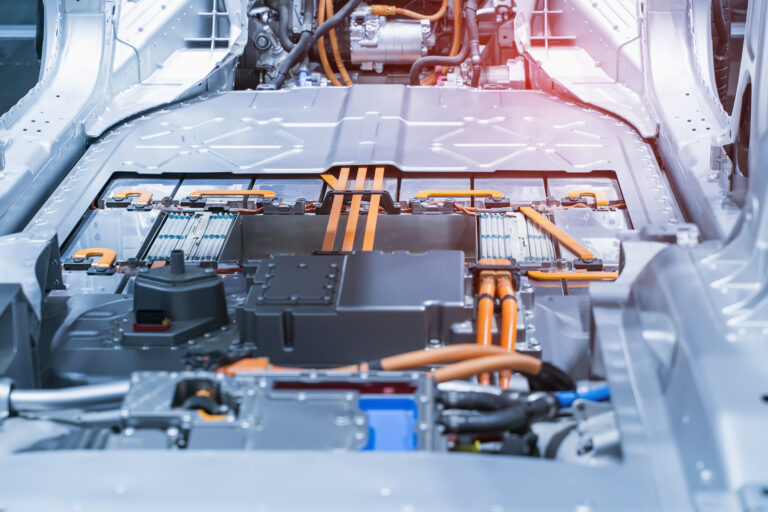 News
NewsPotential nickel shortage could impact EV production
High demand is contributing to diminish supply
-
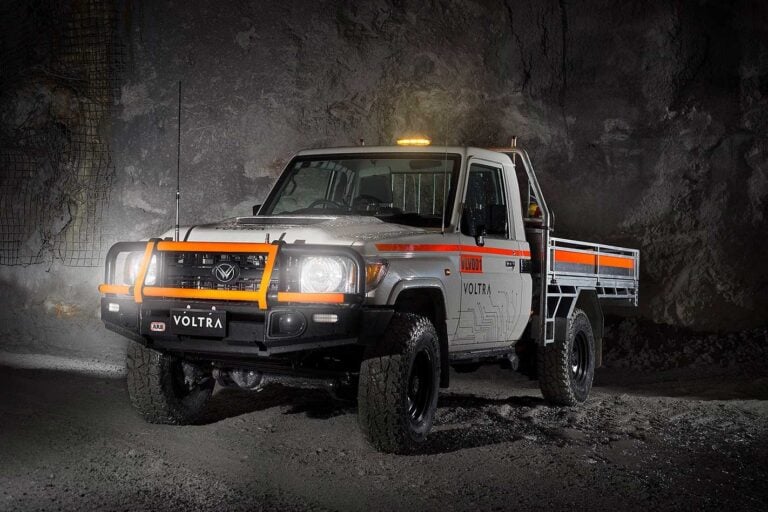 News
NewsFederal Govt eyes EV growth, provides $2bn backing to Australian mining
A new credit facility has been created to help fund mining operations in Australia, with electric vehicle batteries manufacturers expected to benefit




